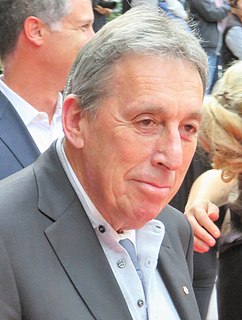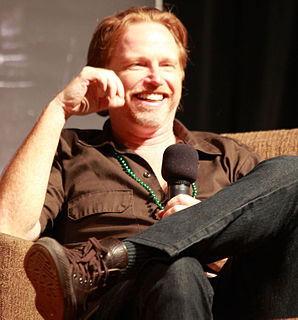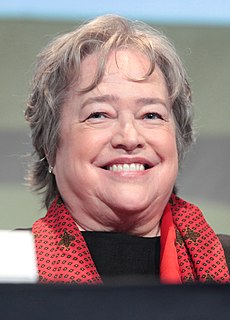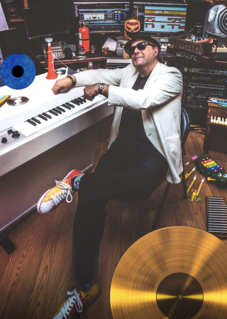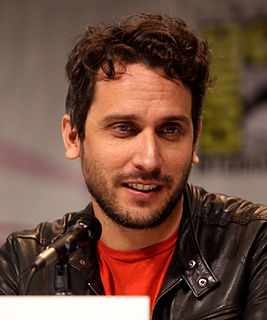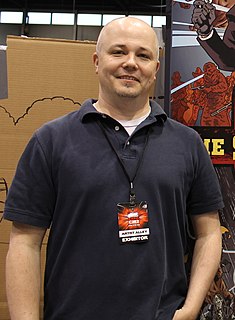A Quote by Paul G. Tremblay
I feel like too many horror writers and filmmakers sort of just assume that the default is, 'The horror movie must be all atmosphere first and everything else second.'
Quote Topics
Related Quotes
The definition of horror is pretty broad. What causes us "horror" is actually a many splendored thing (laughs). It can be hard to make horror accessible, and that's what I think Silence of the Lambs did so brilliantly - it was an accessible horror story, the villain was a monster, and the protagonist was pure of heart and upstanding so it had all of these great iconographic elements of classic storytelling. It was perceived less as a horror movie than an effective thriller, but make no mistake, it was a horror movie and was sort of sneaky that way.
I think the mistake people make with horror movies and what makes them successful is a lot of horror movies get made by people who don't really like them, so they don't respect them. And when you like horror and have admiration for it, that community knows that what's important for a horror movie is important for every other kind of movie.
Buddy Hackett [was] talking - this is Hackett, not me - about the Virgin Mary, a limerick sort of thing, and all these children and families ... the look of absolute horror. He's going on and on and on, and finally he stops. It's just total horror, and the camera's still rolling. You can hear it, sort of a grinding noise. And the director says, "Anything else, Bud?"
A good horror movie - it doesn't matter how many comedy horror films there have been before. Doesn't matter how much you think it's going to be funny. A good horror movie will scare the hell out of you... the moment you sit down and you start being exposed to that story, it's going to freeze your blood.
When you're talking horror or sci-fi, you're working in a genre that has loosely certain thematic elements, or, you could even call them rules. But rules are there to be broken. I think that young filmmakers should go all the way back to the history of horror, from silent films like "Nosferatu", and through to today's horror films, so they understand the history of horror films and what has been done. Understand that, and then add something new or original.
Horror used to be one thing, and I think that's starting to broaden - there can have subgenres, and other things can be going on in a horror story. In comics, you'll never get the 'Boo' effect in a comic; you can go for mood, atmosphere and personal tragedy to build the horror elements and sense of dread.


